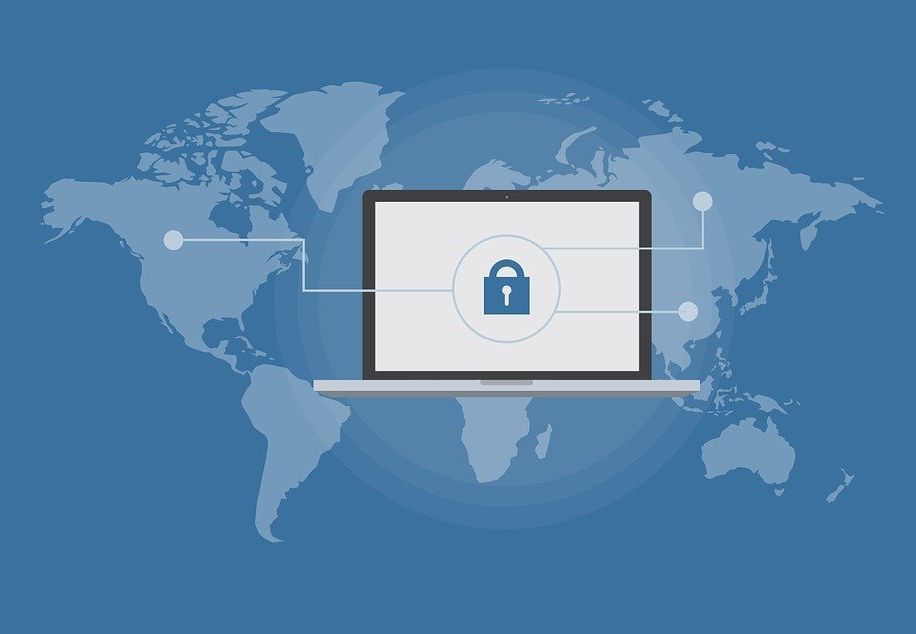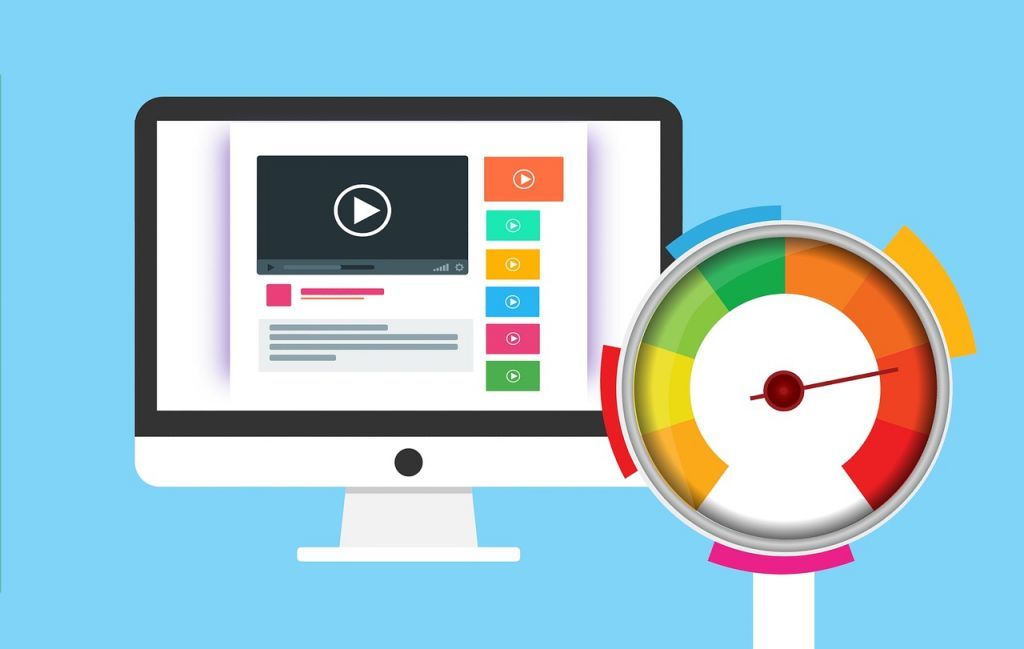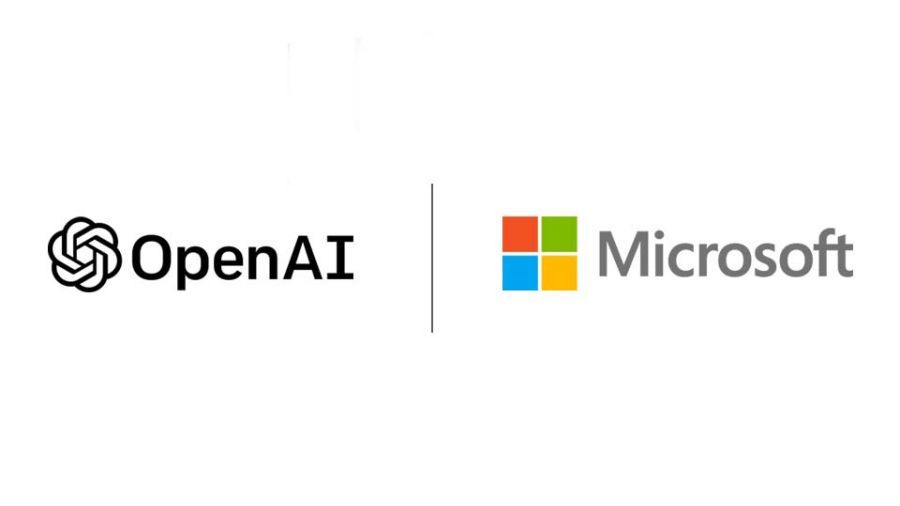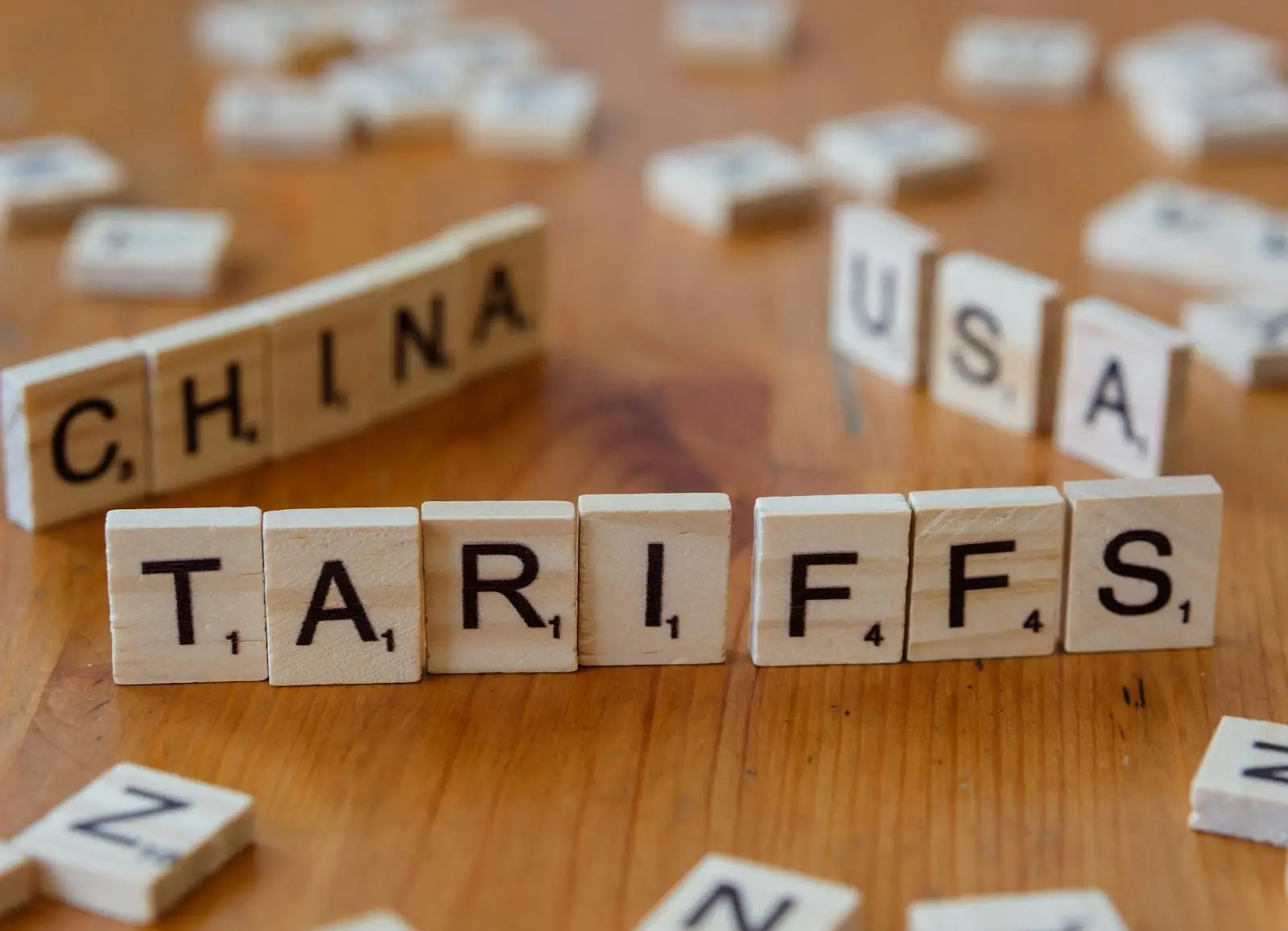The more digital our lives become, the more difficult it is for us to keep our privacy. It has become increasingly difficult to keep our data secure with the growing numbers of personal computers, smartphones, smartwatches, fitness trackers, and other wearables.
Thankfully, there are ways to keep privacy, and you don’t even have to be a geek to use them. There is only one easy way to use the internet privately, and that is with a VPN or Virtual Private Network.
We won’t dig in too deeply here, but you can learn more about how VPNs work.
What is the purpose of a VPN?
The main purpose of a VPN is to hide your online activity. VPNs are used to guard against hackers on public networks, hiding your IP address, browsing activity, and personal data on any Wi-Fi network — even at home.
Virtual Private Network protects your information by masking your device’s IP address, encrypting your data, and routing it through secure networks to servers in faraway locations.
Reasons Why You Should Use a VPN
1. Security on Public Wi-Fi
Public Wi-Fi is convenient and sometimes essential but comes at the expense of security. When you’re answering emails at your hotel or the restaurant, library, airport, or coffee shop, someone may be tracking your online activity via open Wi-Fi. Data tracking and spyware are still a reality on open public Wi-Fi networks.
Surfing the web or transacting on an open unsecured Wi-Fi network means you could be exposing your private information.
Using a VPN protects your data while you are on other networks, hiding your browsing history, banking information, and passwords from cybercriminals.
2. Access to Any Content in Any Place
VPNs hide your location, making it seem as if you are browsing from another place. That means you can get your series even if it’s not available locally. A VPN allows you to connect to a server in the country where you want to give you access to any event shown on your streaming service.
Netflix, however, can still track you if you’re using a VPN service.
3. Data Privacy
All internet consumers grow increasingly concerned about who has access to their personally identifiable information, as well as data collected about their online activities and how that data is sold, traded, and used. Even when we use so-called “Private Browsing” or “Incognito” modes, internet service providers (ISPs), wireless hotspots, and websites often still collect information about their browsing history and online behavior.
Unfortunately, many of our favorite apps and internet services—most notably Meta—have been called out for the way they’ve used the data of their users.
VPNs make it harder for advertisers, apps, and others to track you online.
4. Online Shopping
Always avoid online shops without HTTPS. Then add some extra encryption with a VPN. A VPN is a reliable method to protect your credit card while shopping online.
A lot of companies sell their products for very different prices in different countries. With a VPN you can change your virtual location and make online shops think you are accessing them from a different country. This means you can save some money by changing your online location.
5. Escape Internet Censorship
The internet isn’t free everywhere: in some countries, like China and Russia people are met with blocks when accessing sites the government doesn’t approve of.
Since the start of the war in Ukraine on February 24, Russian authorities have tried to turn their country’s internet into an island, blocking almost hundreds of websites, and three social media platforms. As the result, huge numbers of Russians turned to VPN companies, looking for uncensored information and access to social.
If you’re dealing with some kind of censorship, a VPN is the way to go. You’ll be able to unlock all kinds of other streaming sites and get access to information and social networks.
Conclusion
A VPN connection establishes a secure connection between you and the internet, disguises your IP address, and makes its location invisible to everyone.
There are many providers of VPNs that keep your data traffic anonymous. However, remember that the VPN connection does not protect you from hacker attacks, Trojans, viruses, or other malware.













